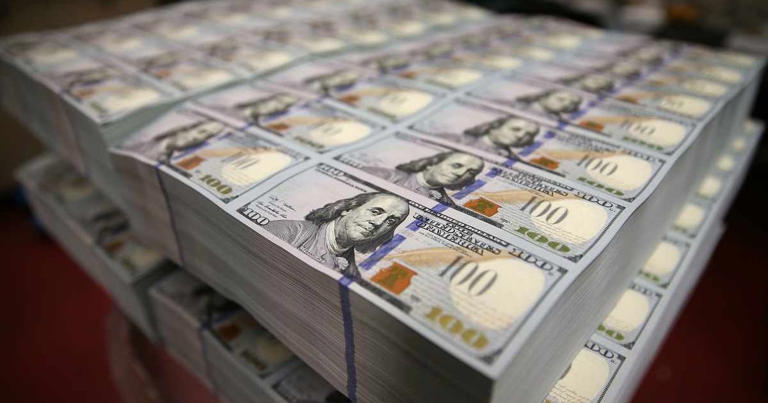In 2022, an extraordinary payroll error in Chile resulted in a dramatic and unexpected turn of events for an employee of Consorcio Industrial de Alimentos (Cial), a company known for its production of cold cuts. What started as a generous windfall soon spiraled into a tale of financial mismanagement and legal complications.
The Unexpected Payday
The employee, who remains unnamed, typically earned a modest salary of approximately 500,000 Chilean pesos (about $555 USD) per pay period. However, in a twist of fate, one payday brought him a check for an astonishing 165,398,851 Chilean pesos (roughly $183,593 USD). This sum was 330 times his regular salary. The shock of receiving such a colossal amount would have been overwhelming for anyone, but the employee did the right thing by promptly reporting the error to his manager.
The company’s HR department quickly identified the mistake, acknowledging that it was due to an internal error. The company instructed the employee to return the excess funds. The worker assured his manager that he would resolve the issue the following day. However, when the day came, the worker failed to go to the bank as promised. His initial explanation was that he had overslept, but as days passed without any action from him, the company grew increasingly concerned.
The Disappearance and Legal Ramifications
Unable to reach him through phone calls or messages, Cial decided to take more drastic measures. After several attempts to contact him and with no response, the company eventually received a formal resignation letter from a lawyer representing the worker. The letter stated that the worker was resigning from his position, but Cial did not accept the resignation. Instead, the company pursued legal action for the misappropriation of funds.
According to legal documents, the funds received by the employee were never intended for any legitimate service payment, which further complicated the situation. The company filed a complaint against the worker, seeking to recover the overpaid amount. By December 2022, the employee had become untraceable, and there were no arrests or substantial progress from the police. The case remained unresolved, with the worker still at large.
A Similar Case: The Indiana Firefighter’s Windfall
The Chilean case was not an isolated incident. In 2020, Charles Calvin, a firefighter from Indiana, experienced a similar shock when he discovered approximately $8 million in his bank account, a stark contrast to the $1,700 stimulus check he was expecting from the IRS. Calvin was initially bewildered and suspected there might be an issue with the ATM machine. He even asked a gas station clerk to check the machine for him.
Despite the initial disbelief, Calvin chose to act responsibly. He reported the error to his bank, which promptly corrected the mistake, and the unexpected millions disappeared from his account. Calvin’s brief moment of unexpected wealth was fleeting, but he appeared to be satisfied with receiving the correct amount of money he was initially promised.
Reflections on Financial Ethics and Management
These contrasting stories highlight the varied responses individuals may have when confronted with unexpected financial gains. While Charles Calvin promptly reported the error and avoided any legal trouble, the Chilean worker’s decision to evade returning the money led to significant legal and ethical issues. These incidents underscore the importance of integrity and responsibility in managing financial situations, especially when errors occur.
The Chilean case, in particular, demonstrates the complex legal and moral ramifications of dealing with such errors. It raises questions about accountability, transparency, and the consequences of failing to rectify financial mistakes. For companies, it serves as a reminder of the importance of accurate payroll management and the potential repercussions of errors. For individuals, it highlights the ethical considerations and potential legal consequences of handling unexpected financial windfalls.
